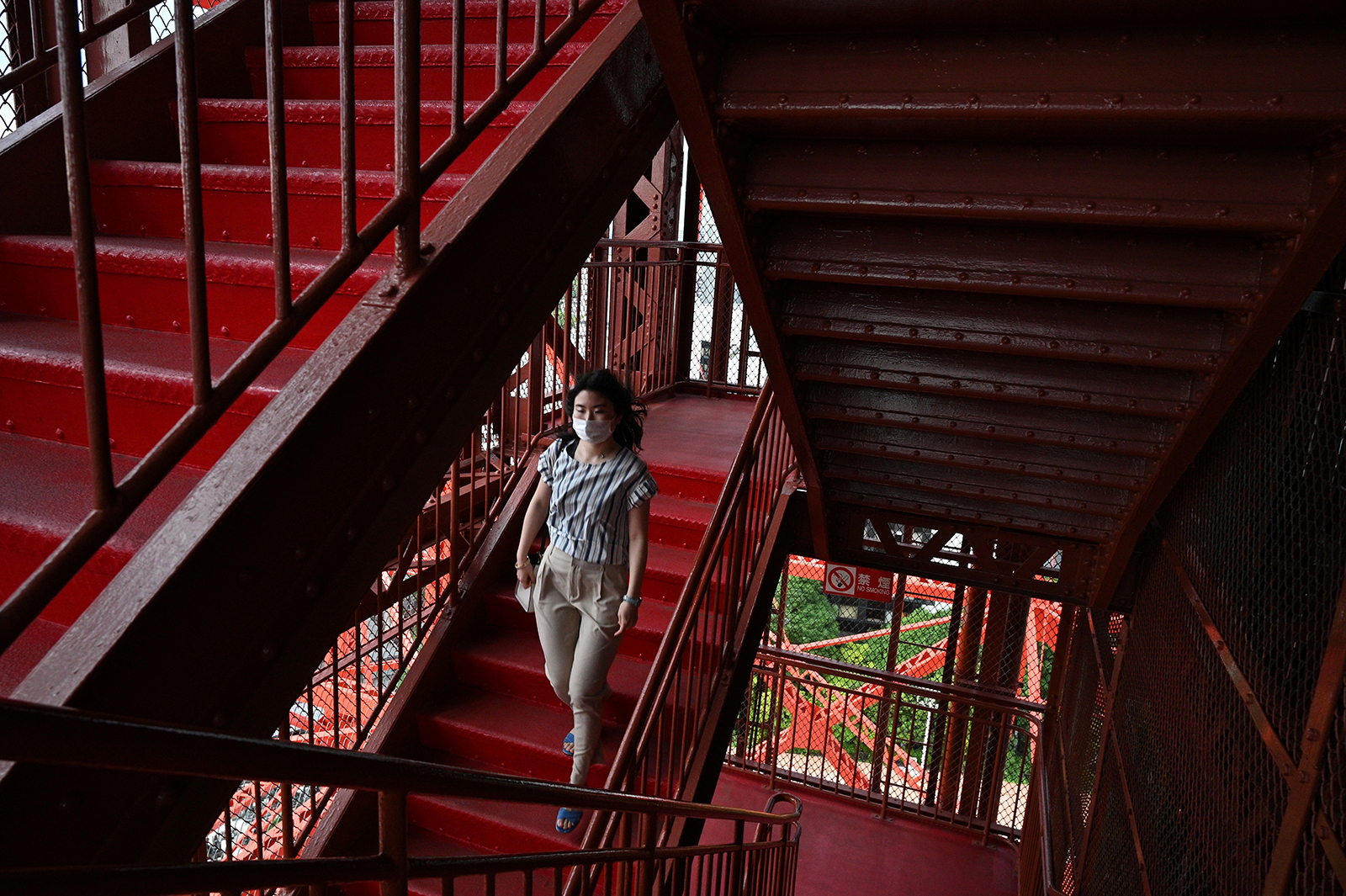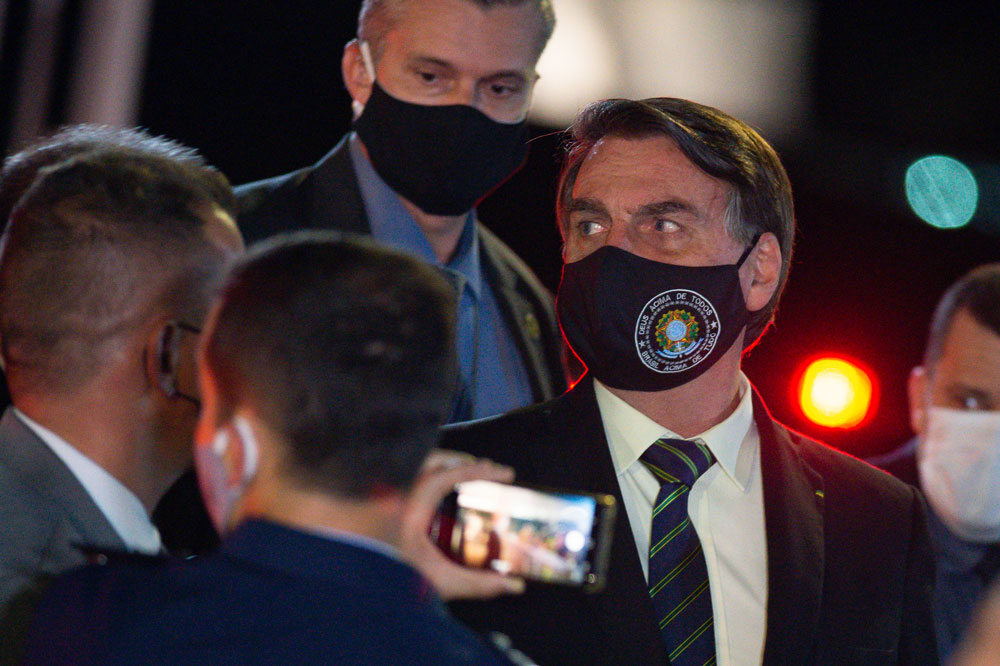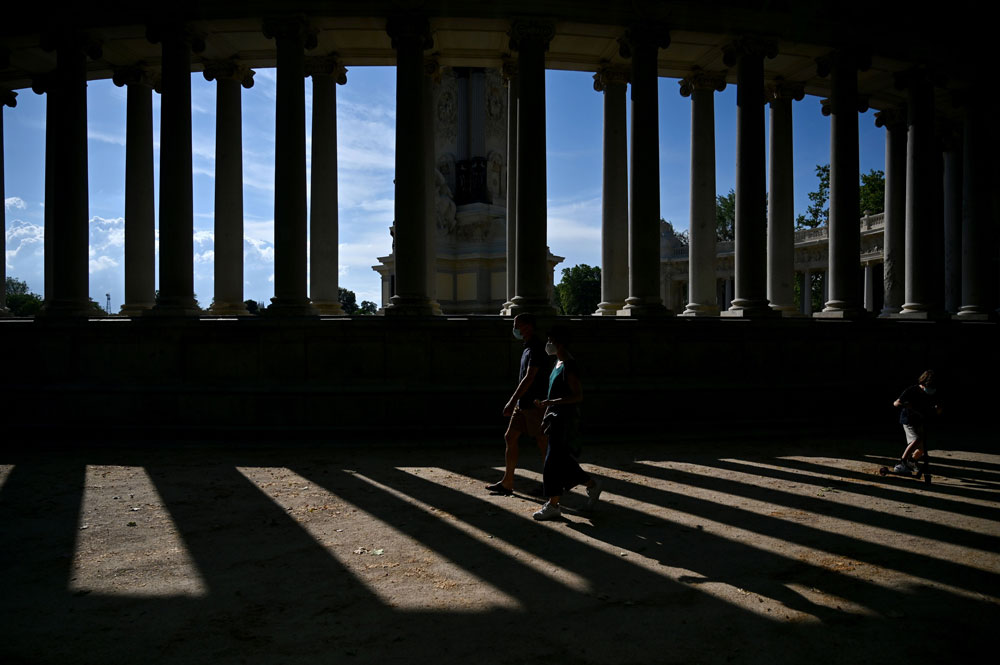
 i_need_contribute
i_need_contribute




|
Country, |
Total |
New |
Total |
|
World |
5,900,907 |
+116,304 |
361,549 |
|
1,768,461 |
+22,658 |
103,330 |
|
|
438,812 |
+24,151 |
26,764 |
|
|
379,051 |
+8,371 |
4,142 |
|
|
284,986 |
+1,137 |
27,119 |
|
|
269,127 |
+1,887 |
37,837 |
|
|
231,732 |
+593 |
33,142 |
|
|
186,238 |
+3,325 |
28,662 |
|
|
182,452 |
+557 |
8,570 |
|
|
165,386 |
+7,300 |
4,711 |
|
|
160,979 |
+1,182 |
4,461 |
|
|
143,849 |
+2,258 |
7,627 |
|
|
141,779 |
+5,874 |
4,099 |
|
|
88,512 |
+993 |
6,877 |
|
|
86,943 |
+4,654 |
890 |
|
|
82,995 |
+2 |
4,634 |
|
|
80,185 |
+1,644 |
441 |
|
|
78,023 |
+3,463 |
8,597 |
|
|
61,227 |
+2,076 |
1,260 |
|
|
57,849 |
+257 |
9,388 |
|
|
50,914 |
+1,967 |
33 |
|
|
45,950 |
+182 |
5,903 |
|
|
40,321 |
+2,029 |
559 |
|
|
39,858 |
+902 |
219 |
|
|
38,471 |
+368 |
3,313 |
|
|
35,727 |
+639 |
4,266 |
|
|
33,249 |
+373 |
23 |
|
|
32,532 |
+563 |
258 |
|
|
31,596 |
+304 |
1,369 |
|
|
30,796 |
+20 |
1,919 |
|
|
27,403 |
+1,466 |
577 |
|
|
25,366 |
+1,262 |
822 |
|
|
24,841 |
+38 |
1,639 |
|
|
24,538 |
+687 |
1,496 |
|
|
24,112 |
+845 |
185 |
|
|
22,825 |
+352 |
1,038 |
|
|
22,382 |
+477 |
669 |
|
|
20,793 |
+1,127 |
845 |
|
|
18,791 |
+197 |
1,235 |
|
|
16,872 |
+79 |
284 |
|
|
16,683 |
+32 |
867 |
|
|
16,628 |
+37 |
668 |
|
|
16,068 |
+345 |
485 |
|
|
15,588 |
+539 |
921 |
|
|
14,702 |
+769 |
508 |
|
|
13,036 |
+580 |
235 |
|
|
12,131 |
+403 |
320 |
|
|
11,512 |
+32 |
568 |
|
|
11,344 |
+79 |
269 |
|
|
11,300 |
+25 |
241 |
|
|
10,052 |
+360 |
15 |
|
|
9,576 |
+272 |
37 |
|
|
9,140 |
+54 |
319 |
|
|
9,009 |
+636 |
40 |
|
|
8,997 |
+140 |
630 |
|
|
8,915 |
+182 |
259 |
|
|
8,411 |
+10 |
236 |
|
|
8,216 |
+442 |
113 |
|
|
7,768 |
+632 |
280 |
|
|
7,725 |
+188 |
282 |
|
|
7,643 |
+42 |
202 |
Source:https://www.worldometers.info/coronavirus/

A man feeds elephants in the Thai village of Baan Thung Luang in March. The animals returned after tourism dwindled at the parks where they had worked.Credit...Adam Dean for The New York Times
Thailand could lose as many as 8.4 million jobs this year, many of them in the hard-hit tourism industry, officials said on Thursday, reflecting how much the pandemic has hurt a country that received nearly 40 million visitors last year.
The government hopes to stimulate employment through government spending, including a plan to boost domestic travel starting in July. But it has banned all foreign visitors until at least July because of the coronavirus, and the number of tourists in 2020 is expected to fall dramatically.
The plan to increase domestic tourism in the third quarter could include hotel room subsidies, according to local news reports. “Tourism should be a fast economic stimulator,” the head of the National Economic and Social Development Council, Thosaporn Sirisumphand, told reporters earlier this week. “If the situation improves, we may open for tourists to come in.”
Thailand, the first country outside China to report a case of the virus, has handled the pandemic better than most with measures such as closing schools, limiting business activity and imposing a nighttime curfew. It had 3,065 infections as of Thursday, including 57 deaths, and most new cases are Thais returning from abroad.
But before the virus struck, travel and tourism accounted for more than 20 percent of Thailand’s gross domestic product and employed nearly 16 percent of its work force. The nation’s flagship airline, Thai Airways, which was already suffering financially before it halted international flights in March, is now seeking rehabilitation in bankruptcy court.
Not only people have been out of work. More than 1,000 elephants also have lost their jobs because of the decline in visitors, and their owners now struggle to feed them.
One in 10 diabetic patients with Covid-19, the illness caused by the coronavirus, died within a week of being hospitalized, according to a study published on Thursday by French researchers in Diabetologia, the journal of the European Association for the Study of Diabetes.
Another 20 percent were put on ventilators to assist with breathing by the end of their first week in the hospital. Just 18 percent were discharged within a week.
“I don’t want to scare people, but what is true is we did not expect to see such high mortality, with 10 percent of people admitted dying in the first seven days,” said Dr. Samy Hadjadj, a professor of endocrinology at the University of Nantes in France and one of the authors of the paper.
A majority of patients in the study had Type 2 diabetes. Many people with diabetes also have a cardiovascular disease, which raises the risk of death in Covid-19 patients.
The new study, which included 1,317 patients at 53 French hospitals, found that microvascular injuries — involving tiny blood vessels supplying the eyes, kidneys and peripheral nerves — were also linked to a higher risk of death.
Obstructive sleep apnea also raised the risk of early death in these patients, while obesity and advanced age were linked to a greater likelihood of severe disease, the study found.
“This is serious,” Dr. Hadjadj said. “If you have diabetes and are elderly or have complications, be very careful. Keep away from the virus. Go on with social distancing, wash your hands carefully, keep people away who can bring you the virus.”
Dr. Hadjadj added, “You are not the kind of person who can afford to disregard these rules.”

Cardboard soccer fans at Ceres Park stadium in Aarhus, Denmark. During a match on Thursday, screens showed live feeds from fans’ homes.Credit...Henning Baggervia/Ritzau Scanpix, via Reuters
It looked like any other Zoom meeting of the coronavirus era: blurry images of people on couches, and many shots so wide that they included more ceiling and wall than people.
But as Denmark’s top soccer league kicked off again on Thursday after an 80-day hiatus, those video feeds were part of a 40-meter-long “virtual grandstand” of spectators.
The screens at Ceres Park stadium displayed a changing selection of 10,000 live feeds from spectators’ homes. As the home team, AGF Aarhus, struggled against Randers — saving face with a last-minute equalizer that ended the match in a 1-1 tie — the fans’ faces alternated between joy and despair.
Mads Wessberg, an AGF supporter who was among the faces in the virtual grandstand, wore the team’s white jersey. Speaking with a local television station from his couch, beer in hand, he said he appreciated the invitation to see the game, but missed the rush he normally got from being in the stadium.
Ever since Denmark began a gradual reopening in mid-April, the rates of hospital admissions and Covid-19 deaths have been in steady decline. But even though shops, restaurants and schools are open again, restrictions are still in place for spectator sports and other large events, and the country’s borders remain closed to most travelers.
To make up for the lack of spectators in its stadium, AGF Aarhus has taken other measures besides the virtual grandstand. It added canned cheers and stadium noises, for example, plus a team of online moderators to filter out obscene gestures.
After Thursday’s match, the team’s coach, David Nielsen, praised the “somewhat alternative 2020 atmosphere.”
From CNN's Kaori Enjoji

A visitor wearing a face mask walks down the stairs at the Tokyo Tower on May 28 in Tokyo. Philip Fong/AFP/Getty Images
The Japanese capital Tokyo will enter Phase 2 of its reopening plan on midnight June 1, this coming Monday, said the city's governor, Yuriko Koike.
Phase 2 means that schools, tutoring centers, gyms, theaters, malls and other non-essential retail locations can reopen.
Restaurants are still advised to close at 10 p.m.
Tokyo just lifted its state of emergency on Monday. It was one of the last prefectures to emerge from the emergency order, which had been lifted from other low-risk areas earlier this month.
From CNN's Jake Kwon

Health workers receive visitors at a temporary Covid-19 testing center in Bucheon, south of Seoul, on May 27. Ed Jones/AFP/Getty Images
South Korea recorded 58 new coronavirus cases and no new deaths on Thursday, said authorities Friday.
That brings the national total to 11,402 cases and 269 deaths.
Authorities are also working to contain a new cluster that emerged this week in a logistics center near Seoul. A total of 96 cases have been linked to the cluster, said Vice Health Minister Kim Gang-lip.
Of 4,351 workers and visitors at the center, 3,836 people had been tested for the virus.
Online learning: Meanwhile, 502 schools in Seoul metropolitan area had switched to online classes due to the recent outbreaks and clusters, said Vice Education Minister Park Baeg-beom.
As of Thursday, 838 schools across the nation had postponed reopening of the schools and continued with online classes, the Education Ministry said.
From CNN's Rodrigo Pedroso in Sao Paulo and Taylor Barnes in Atlanta

President of Brazil Jair Bolsonaro, wearing a face mask with a print of Brazil's Coat of Arms and written God above all, Brazil above all, watches supporters of his government who waited for him outside the Palácio do Alvorada on May 27 in Brasilia. Andressa Anholete/Getty Images
Brazilian President Jair Bolsonaro called for the economy to open up, saying that the closures in non-essential sectors were "“a terrible disgrace” for the country.
Speaking in a Facebook live on Thursday, Bolsonaro said that he wants the economy “to run again.”
“Its been 70 days now that I am saying that we have two problems: life and the virus, of course, but also unemployment,” Bolsonaro said.
“It was a terrible disgrace what they (mayors and governors) did, this way of shutting everything down,” the President added.
Bolsonaro added that he supported "vertical isolation," in which elderly and vulnerable people like his mother stay home, but allows "young people" to return to work.
Controversial president: Critics have lambasted Bolsonaro's approach to the pandemic, both within the country and internationally.
Arthur Virgilio Neto, the mayor of a Brazilian city that was badly hit with the virus, called on Bolsonaro to resign.
Brazil has suffered more infections than every country in the world except the United States, and is yet to reach a peak of cases and fatalities, experts warn.
From CNN's Sarah Dean and Lauren Kent in London and Chandler Thornton in Atlanta
The British public is staying home despite Prime Minister Boris Johnson recently easing lockdown restrictions, according to a new study by King's College London.
“The UK government’s advice may have shifted to ‘stay alert’, but it’s the ‘stay at home’ message that the public are continuing to follow," Professor Bobby Duffy, Director of the Policy Institute at King’s College London, said.
The study showed that one in seven adults surveyed did not leave their home once in the previous week and 41% of people did not leave their home for five or more of the past seven days.
These numbers show "the seriousness with which the public are still treating the Covid-19 crisis," Duffy said.
More people are also wearing face masks, according to the study which showed that the number of people wearing them has doubled from six weeks ago.
"Compared with six weeks ago, compliance remains very high and virtually unchanged" for measures such as social distancing and hand washing, the study said.
Some context: Prime Minister Johnson said on Thursday that Britain will begin lifting restrictions starting Monday in a phased approach.
The relaxation comes after the death rate in the UK has fallen consistently. From a peak of 943 deaths on April 14, the UK announced 256 coronavirus-related deaths on Thursday -- a significant but diminishing toll.
From CNN's Al Goodman, Mia Alberti and Claudia Rebaza

A couple wearing face masks walks at the Retiro Park in Madrid on May 26. Gabriel Bouys/AFP/Getty Images
Spain will start easing lockdown restrictions starting Monday, the country's Health Minister and a top aide announced Thursday.
"From Monday, around 70% of the Spanish population, or 32 million people will be in phase two. Around 30% of the population or 15 million people will be in phase one and 45,000 people will be in phase three," Spain’s Health Minister Salvador Illa said at a news conference.
At the start of this week, just over half of the population was still on the more restrictive phase one.
Parts of the regions of Castilla, Valencia, Catalonia, Murcia, Andalucia and Castilla and Leon will move to phase two, which allows meetings of up to 15 people who don't live together, some restaurant service indoors, and the opening of stores, cinemas and museums but with occupancy limits.
Four small islands in Spain's Balearic and Canary Islands with small populations and low infection risk will advance to phase three, with further restrictions on movement and gatherings eased.
"The data is good, we are in a good way, but I have to insist: it's very important to know this is a very complex phase and to maintain an attitude of individual responsibility because a mistake can put at risk everything we've done so far," Illa added.
The Madrid region, which includes Spain’s capital and surrounding cities, will remain in phase one without any changes, the health officials explained.
"All of this evolution is due to the effort made by the population and the health system to control this epidemic," said Dr. Fernando Simón, Spain’s director of the Center for Health Emergencies.
Simón also told reporters that "small re-emergences" have been identified very quickly and are being closely monitored by local authorities to "avoid a new outbreak and maintain this favorable tendency."
Source:https://edition.cnn.com/world/live-news/coronavirus-pandemic-05-29-20-intl/index.html
The number of people infected by Covid-19 has exceeded 5.8 million, according to data compiled by Johns Hopkins University. At least 360,000 people have died from the virus. The US accounts for about 30% of cases, way ahead of Brazil (7.2%), Russia (6.6%), the UK (4.7%), Spain (4.1%) and Italy (4%).
Philippines records its highest daily infection rate- 539 new cases - but will ease lockdowns. Residents in Manila will see their lockdown – one of the toughest and longest in the world – ease from Monday, despite the Philippines seeing its biggest spike in coronavirus cases on Thursday. The Philippines reported 539 infections on Thursday, its highest ever daily tally, to make a total of 15,588. It has recorded 921 deaths. “For me, this does not look bad,” Duterte said in a late-night televised address, citing what he described as the country’s low mortality rate. His health minister, Francisco Duque, said 90% of the country’s Covid-19 cases were “mild” and only less than 2% are “severe and critical”.
India’s health system is at risk of being overwhelmed by Covid-19 spread. In Mumbai’s Sion hospital emergency ward there are two people to a bed. Patients, many with coronavirus symptoms and strapped two to a single oxygen tank, were captured lying almost on top of each other, top-to-toe on shared stretchers or just lying on the floor, in footage shared on social media in India this week. Mumbai, a city of more than 20 million people, is weeks into the pandemic, but with new cases showing no sign of slowing down the city’s already weak healthcare system appears to be on the brink of collapse. State hospitals such as Sion, overcrowded in normal times, are overrun. With frontline doctors and nurses falling sick with the virus in their droves, it is also leading to a shortage of medical staff.
Life during the coronavirus lockdown has reinforced gender inequality across Europe with research emphasising that the economic and social consequences of the crisis are far greater for women and threaten to push them back into traditional roles in the home which they will struggle to shake off once it is over. Throughout the continent, campaign groups are warning that the burdens of the home office and home schooling together with additional household duties and extra cooking, has been unequally carried by women and that improvements made in their lives by the growth in equality over the past decades are in danger of being rolled back by the health crisis.
The number of Americans who have lost their jobs in the past 10 weeks soared to more than 40 million, with 2.1 million people filing for unemployment last week. The growth in the number of claims has slowed, but millions more have continued to file for unemployment each week, bringing the total number to a rate not seen since the Great Depression.
New York governor Andrew Cuomo said he would sign an executive order allowing businesses to deny entry to customers not wearing masks. He said: “That store owner has a right to protect himself … You don’t want to wear a mask, fine. But you don’t have a right to then go into that store if that storeowner doesn’t want you to.”
The US has now recorded more than 100,000 deaths from Covid-19, according to Johns Hopkins University, as many states continued to relax mitigation measures. The US has recorded more deaths from the disease than any other country in the pandemic, and almost three times as many as the second-ranking country, the UK.
There have been more than 159,000 excess deaths in Europe since since early March, during the height of the coronavirus epidemic, the head of the World Health Organization’s regional office for the continent said. Hans Kluge said 2 million people had been confirmed to have caught the coronavirus since it was first detected on the continent four months ago. About 175,000 had died.
Up to six people will be able to meet outside in England from Monday, providing members of different households continue to stay two metres apart, the prime minister has said. This will be allowed in gardens and other private outdoor spaces, Boris Johnson added.
Paris is no longer a “red” coronavirus danger zone, the risks posed by the virus moving down a notch to “orange”, according to France’s prime minister, Edouard Philippe. The rating means Paris is not as free as the majority French regions designated “green”.
Health officials in Moscow updated their figures on coronavirus deaths to add those who “died with” the virus. On top of 636 deaths in April directly caused by Covid-19 reported earlier, the health department added the deaths of 756 people who tested positive for the virus but died of other causes.